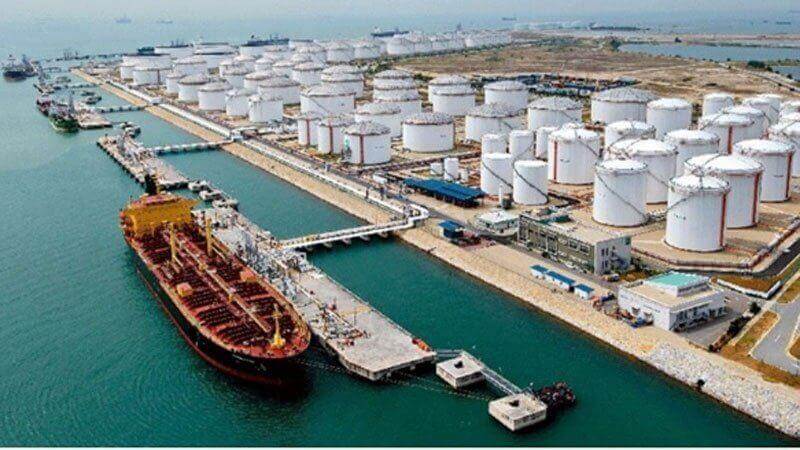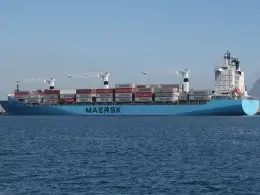In recent days, an Iran oil tanker carrying one million barrels of crude from the Islamic Republic arrived on Venezuelan shores, according to official shipping documents. The cargo is one of many supplied from Iran’s Naftiran Intertrade Company (NICO) to the Venezuelan state-run oil firm known as Petróleos de Venezuela (PDVS). The two companies have a supply contract that provides the South American government with lighter crude oil for its nationalized oil industry.
According to reports from shipment logs, the Suezmax tanker Sonia I departed from Iran’s Kharg island in early May, and reached waters close to Venezuela's Amuay refinery over the weekend. Two other large Iranian-flagged tankers Dino I and Silvia I arrived last month at Venezuelan ports, shipping Iranian crude oil for Venezuela, and then loading the South American’s heavy oil and fuel in exchange. The actions have sparked controversy from those concerned about the Islamic Republic and Venezuela, two countries which have managed to defy U.S. sanctions, relying on each other to help with their oil industry.
“This is just another page in long-standing efforts to circumvent U.S. oil sanctions to sell to China and others, revealing the collapse of Venezuela's oil sector that is incapable of refining large swathes of its heavy crude,” said Mateo Haydar, a research assistant for Latin America at the Heritage Foundation’s Allison Center for Foreign Policy Studies.
In Tehran, Iran regime and Venezuelan officials signed a 20-year cooperation plan affirming the relationship between the two countries and their resistance against the U.S. and the international community. The new agreement between the two countries revolves around each country’s oil fields, refineries, defense, tourism, and other wide-ranging issues. Additionally, it includes the delivery of an oil tanker built by Iran’s SADRA shipyard for Venezuela, which has links to the Islamic Revolutionary Guard Corps (IRGC).
“Both regimes will benefit enormously from enhanced oil cooperation with less U.S. pressure. A 20-year cooperation agreement should be a clear signal that, like Russia, Iran will remain squarely behind the Maduro regime, regardless of the Biden administration's actions. It should also be clear that enhanced oil cooperation is not likely to produce any tangible benefit for the Venezuelan or Iranian people but enrich both regimes and the criminal or terrorist activities they sponsor,” according to Haydar.
While both the Islamic Republic of Iran and Venezuela are two countries ideologically different from each other, both countries share a common enemy and have put aside their differences to unite against the U.S. and international pressure. Both Venezuelan dictator Nicolas Maduro and Iran’s Supreme Leader Ayatollah Ali Khamenei have slowly built a mutual relationship with each other to support themselves, government officials, and each other’s security forces against opposition groups and individuals. The IRGC has been known to collaborate extensively with Maduro and his government in missile technology to Venezuela.
According to Haydar, the U.S. should “be cracking down on any oil shipment between both countries through enhanced maritime security cooperation with its partners, including Brazil, Colombia, and Caribbean Islands and send a clear message that doing business with the Maduro regime and Iran is not on the table. As Venezuela perceives that it can reap benefits from Biden's policies, at least eight Americans remain held hostage by the Maduro regime”.










